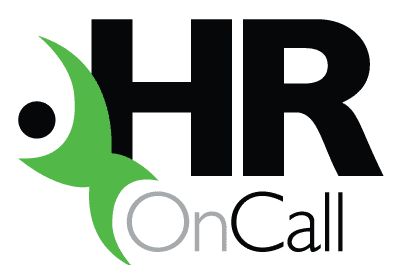Consider Compliance when Writing Your Position Description
It’s time to write a position description for that new job. Before you do, however, take some time to study Australian employment regulations – and stay on the right side of the law.

1. Outline your job description
Sketch the outlines of your new role. Define the duties of the new staff member and work out what skills and experience they will need. Write a summary of the job, detailing its key responsibilities.
2. Assess the type of employment
Will they be part-time, full-time or casual? Each type of employment is governed by its own statutory regulations. The employer has a responsibility to understand and fulfil the requirements of each job category.
Full-time: Usually works an average of 38 hours per week, as a permanent employee or on a fixed-term contract. Leave entitlements include annual, sick and carer’s leave.
Part-time: Usually works regular weekly hours for less than 38 hours per week, and can be a permanent employee or on a fixed-term contract. Leave entitlements include annual, sick and carer’s leave.
Casual: Has no guaranteed hours of work and no access to annual or sick leave. There is no firm advance employer commitment about number or timing of hours worked. Casual workers are paid at a higher hourly rate than equivalent full-time or part-time employees. They receive a ‘casual loading’ to compensate for lack of leave and other benefits. This can be up to 25% of the pay rate.
All casual workers are entitled to two days of unpaid carer’s leave and two days of unpaid compassionate leave, per occasion.
It’s also important to note a significant change in casual work regulations, taking effect from November 20, 2020. These mainly relate to entitlement to overtime and overtime loading.
3. Work out payments
Workers get different entitlements depending on their type of employment award. The Pay Calculator on the Fair Work Ombudsman website gives you access to the current legal pay requirements relating to each award and employment type.
You can also find out more about minimum wages in each employment category, penalty rates and allowances, deductions, tax and superannuation liabilities.
4. Know your employee entitlements
It’s important to understand your employer obligations when hiring new workers.
The Fair Work Ombudsman site will help you work out Public Holiday pay rules in your state along with the complete range of entitlements relating to leave, access to uniform, vehicle and travel, redundancy and protections in the workplace.
When it’s all too much . . .
As you can see, the list is daunting. It’s too easy for employers, even with the best of intentions, to get caught out by constantly changing laws which govern the workplace and employment.
Read our comprehensive checklist for hiring and managing people. Drawn up by experienced HR consultants, it helps you get your HR policies up to date and avoid costly recruitment mistakes. Contact our specialist HR consulting team to take the headache out of employer obligations for small and medium sized business.

